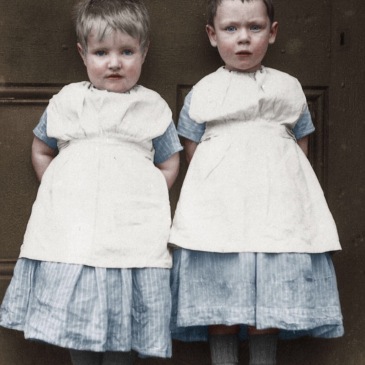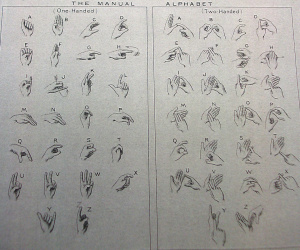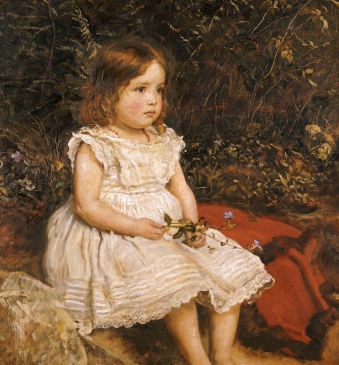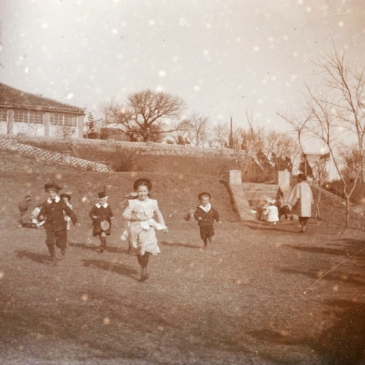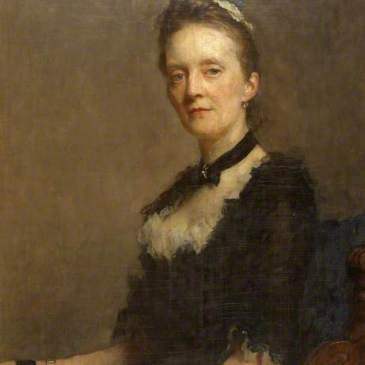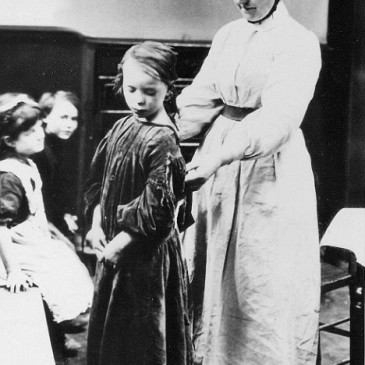Pauper Children, the story so far…
In August 2016 I will publish my first book on Amazon. You can pre-order it here It is not finished, I still have bits and bobs of research to complete; a trip to Liverpool to the Royal Liverpool School for the Blind and to the Nazareth House Archives in Hammersmith. I dare say some other … More Pauper Children, the story so far…

